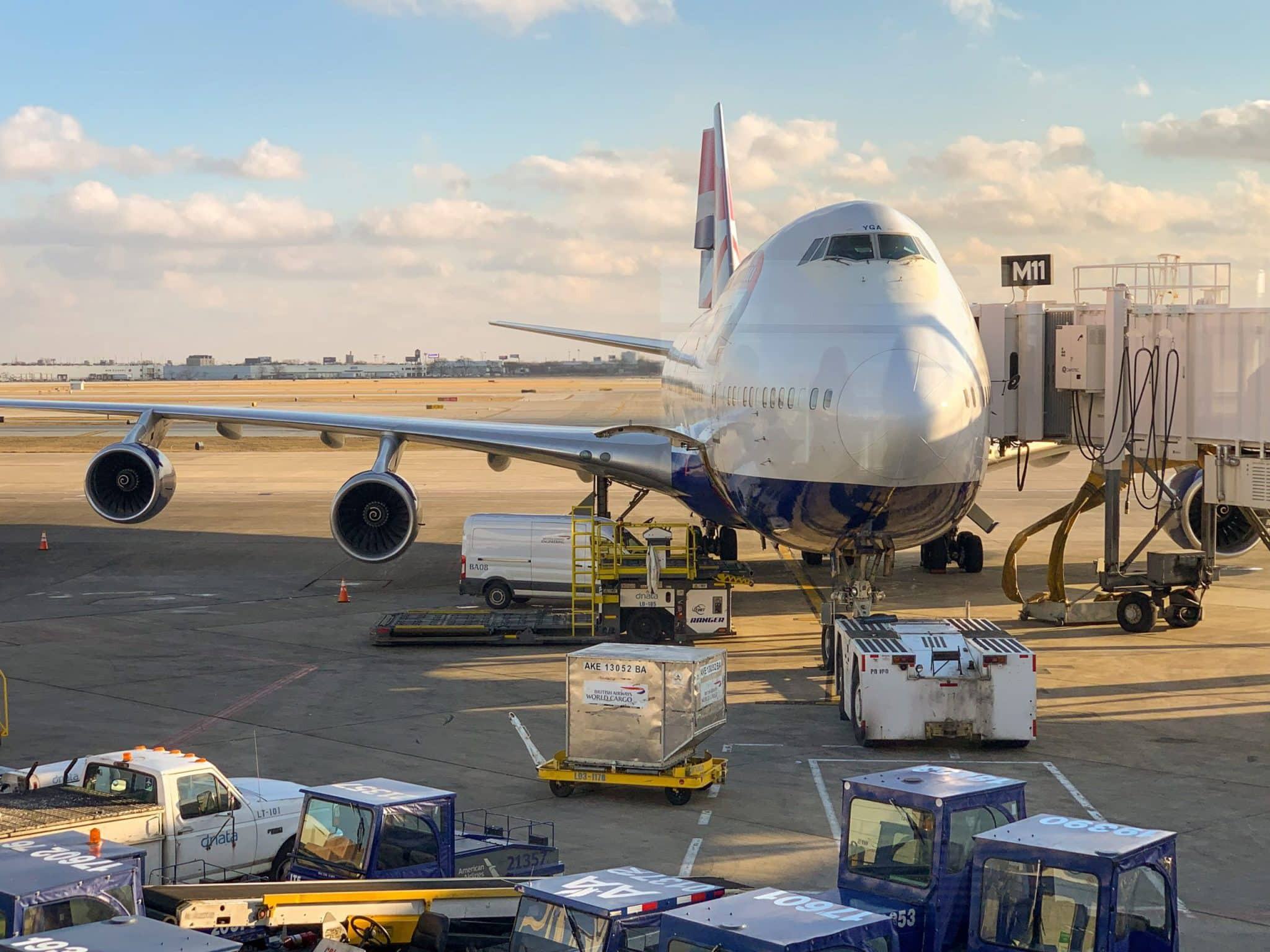
Limited insurance coverage only dark cloud on otherwise sunny horizon
Of the 10 most tourism-dependent countries globally in terms of GDP contribution, six are Caribbean nations. Seven Caribbean nations feature in the top 10 for the direct contribution of tourism to employment figures*.
Simply put, the Caribbean is the most tourism dependent region in the world.
This resilient region has weathered the heaviest of storms. Natural disasters, economic shocks and even a global pandemic have been unable to shake confidence among investors considering the potential for healthy returns on Caribbean investment. And investors continue to ride that wave of optimism.
Baker Tilly’s annual Caribbean Hospitality Financing Survey showed that in 2023 the confidence level of banks in the Caribbean tourism industry reached its highest level since our survey started in 2009. Confidence among non-banks also remained high.
*Source: 2022 World Travel & Tourism Council (WTTC) report
But are there dark clouds on the horizon?
“Inward investment in the region’s tourism industry is critical for the health of Caribbean economies and for fostering employment opportunities”, says Baker Tilly Turks & Caicos Managing Director Gary Brough.
“The Caribbean competes on a global scale for investment. To remain competitive, it's essential to stay informed about the real-time factors shaping investment in the region. Our annual survey pinpoints the key issues influencing project financing in the tourism industry.”
Many issues are high profile.
The pandemic stands out prominently in recent years, threatening the livelihoods of millions and the economies of most countries in the region. Catastrophic hurricanes fall into the same category, albeit often with more localised impacts and quicker recovery periods.
Other issues impacting financing are less obvious and their influence often underestimated.
One such issue features heavily in this year’s survey: insurance coverage - or rather the lack thereof.
From a formality to an uncertainty
Financiers commonly require evidence of adequate insurance as a condition precedent for any loan or investment in a tourism project. Historically, insurance availability was often taken for granted, seen as a mere formality. Although occasional spikes in premiums were seen after active hurricane seasons, pricing terms historically quickly reverted to normal.
“The insurance market in 2023 was the hardest in recent memory. Coverage was severely restricted as the Caribbean market was perceived by insurers to be too ’risky’.
“If a tourism project was offered coverage, in some cases it had to pay vastly inflated premiums. Many projects were simply not offered coverage.”
Ironically, it was not a busy Caribbean hurricane season that triggered this reduction in capacity. It was the huge claims resulting from the 2022 hurricanes that hit the Florida Peninsula, notably Hurricane Ian.
It would, of course, be naïve says Mr Brough not to recognise that these capacity decisions were made against a backdrop of heightened risk awareness, fuelled by concerns surrounding climate change and its potential future impact on vulnerable small island communities like those in the Caribbean.
“This year we asked our bank respondents to what extent the ability, or lack thereof, of potential borrowers to evidence adequate insurance would impact their lending decision. All banks stated that it is a challenge. 33% stated it is a ‘really big issue’.”

So, where does this leave banks and investors?
“If they stick to their usual mandates regarding insurance coverage, they will likely have to pass on several, highly promising, opportunities”, explains Mr Brough.
“They may have to compromise on their existing requirements if they want to remain competitive.”
And that’s exactly what some survey respondents are having to do, with half of bank survey respondents stating they have had to compromise their usual requirements regarding insurance coverage.
From a developer’s perspective, the inability to demonstrate sufficient insurance coverage may hinder their ability to secure financing.
A shortage of insurance capacity is not going away any time soon as climate change concerns gain momentum. This tight insurance market was the major concern (44%) expressed by non-banks when considering a lending decision.
Problems provide opportunities
While tourism reigns as the Caribbean’s leading industry, financial services comes in as a strong support act. Bermuda, an honorary member of the Caribbean for purposes of this discussion, is widely recognised as the global hub for insurance and reinsurance, home to some of the world’s largest catastrophic event insurers and numerous captive insurance companies. So, could the Caribbean’s second most important industry hold the key to addressing the challenges faced by its primary industry?
“Increasingly, developers and resort owners are delving deeper into the structure of insurance coverage. Generally, they are willing to shoulder more risk through higher deductibles or by self-insurance strategies such as forming their own captive insurance companies,” explains Brough.
“Nevertheless, they want to safeguard against major catastrophic events. And here lies potentially vast opportunity, whether within Bermuda’s insurance market or more traditional markets such as Lloyd’s syndicates.”
The Caribbean tourism industry has proven time and time again its ability to adapt to overcome challenges. This resilient track record stands it in good stead to address the current insurance challenge head on.
If any motivation to find solutions is required says Mr Brough, we need only remind ourselves just how important the tourism industry is to Caribbean economies.









